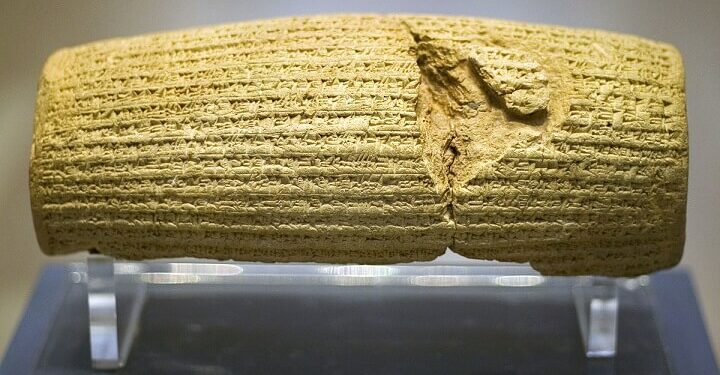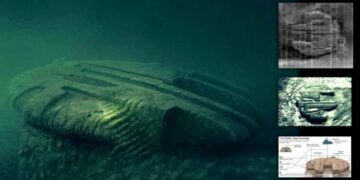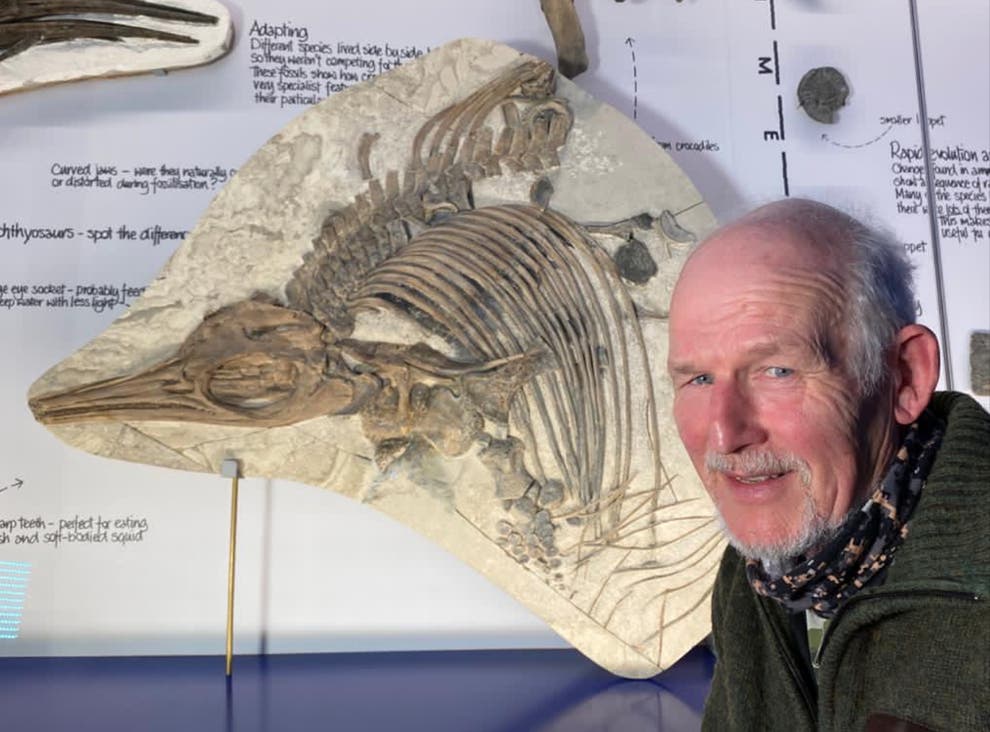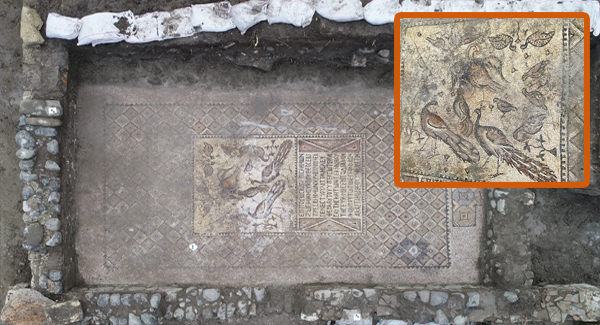An old cylinder discovered in a temple in Babylon (modern-day Iraq) sporting cuneiform inscriptions revealed some surprising edicts. Linked with the Persian king, Cyrus the Great, founder of the Achaemenid Empire, many believe the Cylinder lays out the world’s first declaration of universal human rights.
More than two millennia before the French Revolution introduced the Declaration of the Rights of Man. Of the Citizens, an ancient Near Eastern monarch issued a charter considered the oldest known declaration of human rights. This charter is known today as the Cyrus Cylinder.
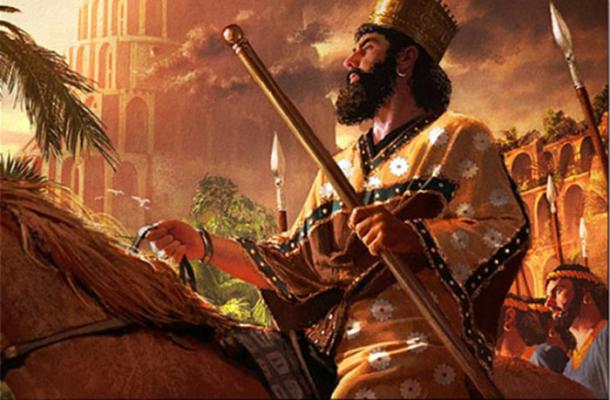
The inscription on the Cylinder speaks of Cyrus’ promotion of religious, racial, and linguistic freedom and his permission to those deported by the Babylonians to return to their homelands. It extols Cyrus as a benefactor of the citizens of Babylonia who improved their lives and restored temples and cult sanctuaries across Mesopotamia and elsewhere in the region. Some segments of the text read:
“I announce that I will respect the traditions, customs, and religions of the nations of my empire and never let any of my governors and subordinates look down on or insult them while I am alive. From now on…, I never let anyone oppress any others, and if it occurs, I will take their right back and penalize the oppressor.”
“I will never let anyone take possession of movable and landed properties of the others by force or without compensation. While I am alive, I prevent unpaid, forced labor. Today, I announce that everyone is free to choose a religion. People are free to live in all regions and take up a job provided that they never violate other’s rights.”
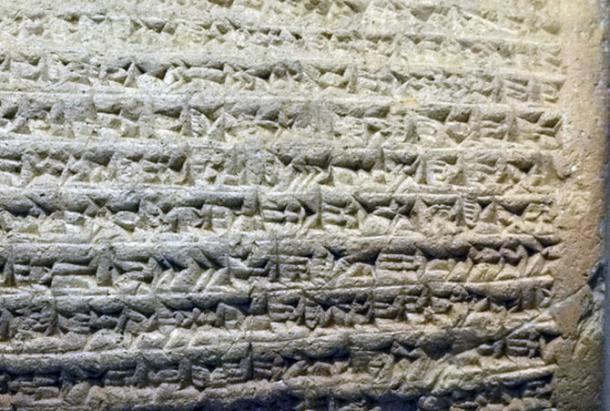
“The gods of the land of Sumer and Akkad which Nabonidus – to the fury of the lord of the gods – had brought into Shuanna, at the command of Marduk, the great lord, I returned them unharmed to their cells, in the sanctuaries that make them happy.”
In exchange, these gods were supposed to return the favor to Cyrus:
“May all the gods that I returned to their sanctuaries, every day before Bel and Nabu, ask for a long life for me, and mention my good deeds, and say to Marduk, my lord, this: “Cyrus, the king who fears you, and Cambyses, his son, may they be the provisioners of our shrines until distant (?) days and the population of Babylon call blessings on my kingship. I have enabled all the lands to live in peace.”
Furthermore, they argue that the Cylinder was discovered as a foundation deposit of the Ésagila, suggesting that Cyrus’ intended audience was the various gods of the realm, rather than mortal beings.
Regardless of which perspective is taken, the Cyrus Cylinder is undoubtedly an incredible piece of writing that brings to life the events that transpired over 2,500 years ago and opened a window into the thoughts and desires of a powerful king that once ruled over an empire.
This article (The Cyrus Cylinder And The Ancient Proclamation of Human Rights) was initially published on Ancient Origins and is published under a Creative Commons license.

